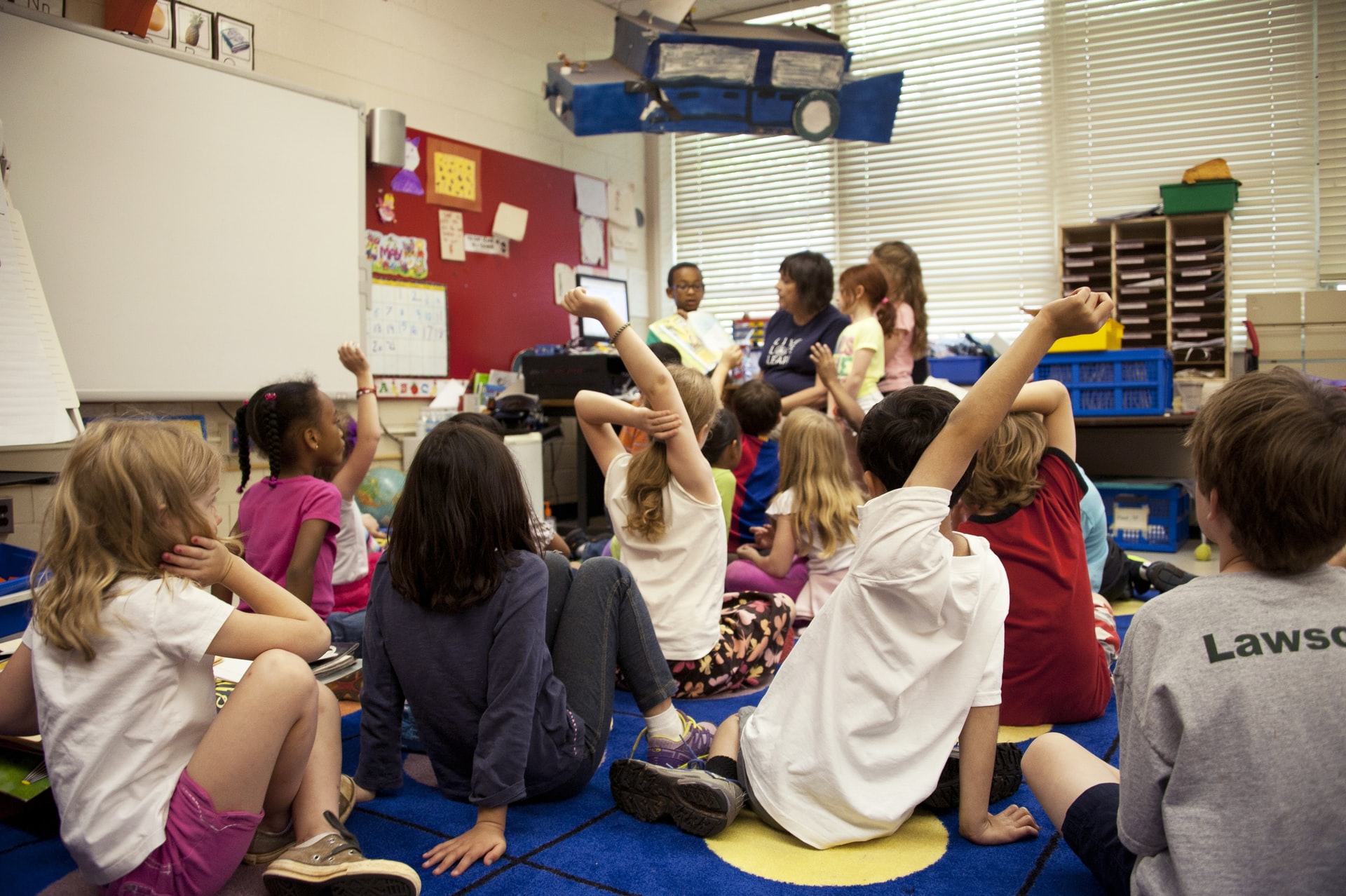Teaching Your Kid to Handle Embarrassment

There are embarrassing situations throughout life; you can’t escape them, and neither can your children. You do your best to avoid embarrassment, but it’s impossible. Of course, being in an embarrassing situation is not nice, but you can come out the other end with your head held high. So, how can you teach your child to handle embarrassment?
Listen and Be Understanding
It’s important to treat an embarrassing situation seriously; don’t laugh it off because it can hurt your child’s feelings. If you don’t show the proper response, the situation can become worse as the child will believe you’re laughing at them. So, listen to what they have to say and validate their feelings on the matter.
Discuss the Situation with the Child
Your child probably doesn’t want to discuss what happened, but by having a discussion, it helps the child understand the situation a bit better. Talk it through and suggest how to do things differently in the future. You aren’t accusing them of doing something wrong, just discuss how things could be done differently next time.
This is also the perfect time for your child to express or explore their feelings. It’s so important for children to talk about an embarrassing situation because they can understand it better. Children get less frustrated and begin to put the embarrassment behind them.
Encourage the Child to Move Forward
You need to stress that they aren’t the only ones to have a bad day. Explain how people make mistakes all the time, whether it’s having a bad hair day, dropping a glass, or having a tantrum in public. Let them know it’s part of life and that it could happen to anyone.
You can encourage your child to move past the experience and make them feel reassured about the situation.
Lead by Example
Children mirror the behavior they see and if you can practice what you preach, it’s an effective way to teach children to cope with embarrassment. So, if you ever find yourself in an embarrassing situation, do what needs to be done. Apologize if necessary and avoid obsessing over it; you can’t change it, so don’t try. Address the situation and move on because it’s about going forward. Hopefully, your child will do the same the next time they find themselves in an embarrassing situation.
Embarrassments Have, Embrace Them
Don’t be afraid to teach your children about embarrassment. No one is perfect 24/7. There are going to be embarrassing moments in your and your child’s life; embrace them. Yes, they hurt at the time, but in a few hours, no one will give you a second thought. So, teach your children to deal with the embarrassment and give them a life skill they can use.






